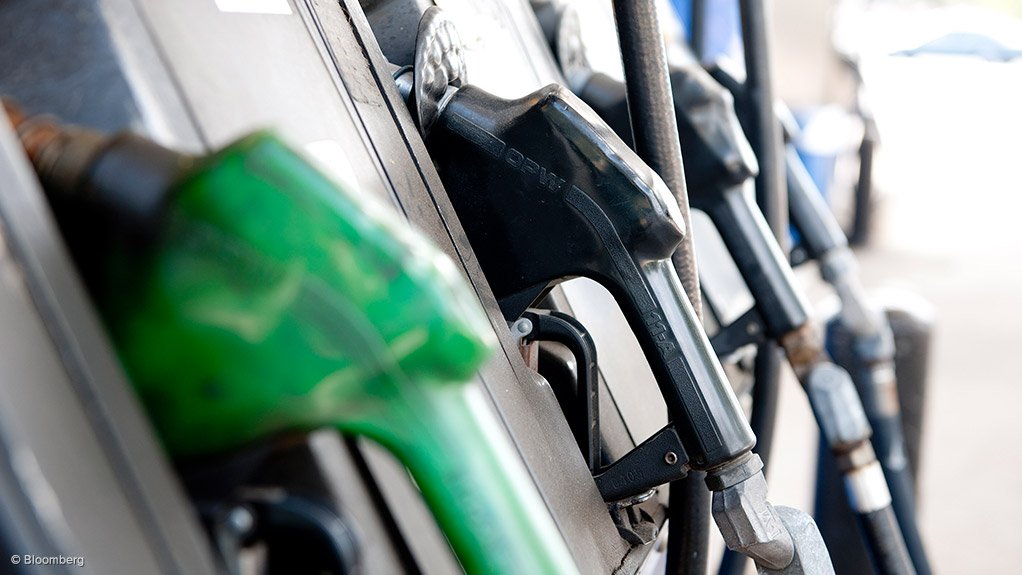With two weeks left before November's fuel prices are fixed, the latest information from the Central Energy Fund shows that diesel and petrol prices currently look set for increases.
Based on the latest data, diesel prices are on track for a hike of R1.58 to R1.61 a litre.
This would push the Gauteng price of diesel above R25.60 a litre. A year ago, Gauteng diesel price cost around R17.20 a litre. The price of 95 unleaded petrol is expected to increase by around 42c a litre, while the price of 93 petrol could rise by 51c a litre.
The fuel prices are usually adjusted on the first Wednesday of a month and determined by the price of oil and the rand-dollar exchange rate. Movements in the oil and the rand over the next two weeks will still influence the final fuel prices for November.
So far this month, the rand has taken a hit - weakening from R18.10/$ at the start of October, to close to R18.50 last week, as the dollar rallied amid global market turmoil and expectations of large US rate hikes.
On Monday, Brent crude oil was trading at around $91.70 a barrel - after starting the month below $90.
While petrol prices have fallen more than 16% from a record high in July, diesel prices have only retreated by 5% and are proving much stickier due to a squeeze on diesel supplies worldwide.
Diesel markets are "flashing signs of chaos", with shortages in Europe and America, Bloomberg reports.
This is due to a long strike at French oil refineries, while the US has record low diesel inventory levels for this time of year.
For the past months, Europe - which produces more petrol than it needs - has been struggling with securing diesel. The invasion of Ukraine and subsequent sanctions stopped diesel flows from Russia. This has squeezed prices higher as European countries scramble to find alternative diesel sources.
In South Africa, continuing problems with the railways have increased truck deliveries - fuelling the local demand for diesel. According to 2019 data from the Department of Energy, South Africa consumed 12.9-billion litres of diesel and 10.77-billion litres of petrol.
A lack of diesel supplies has also contributed to loadshedding, as it hobbled Eskom's efforts to feed its emergency generators.
EMAIL THIS ARTICLE SAVE THIS ARTICLE
To subscribe email subscriptions@creamermedia.co.za or click here
To advertise email advertising@creamermedia.co.za or click here











